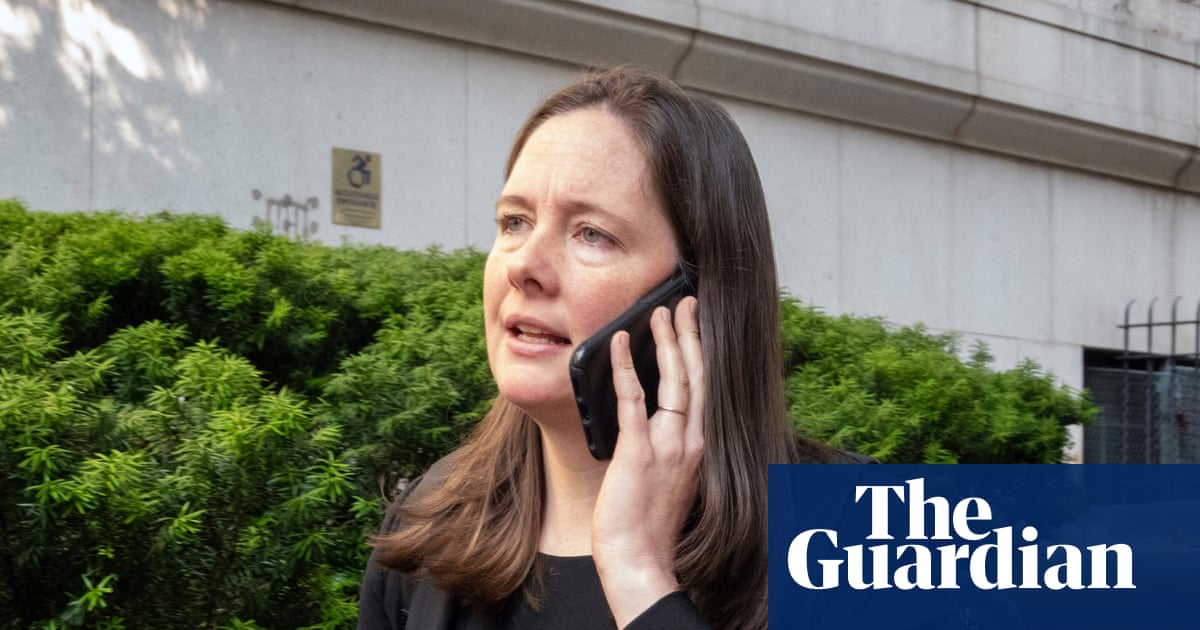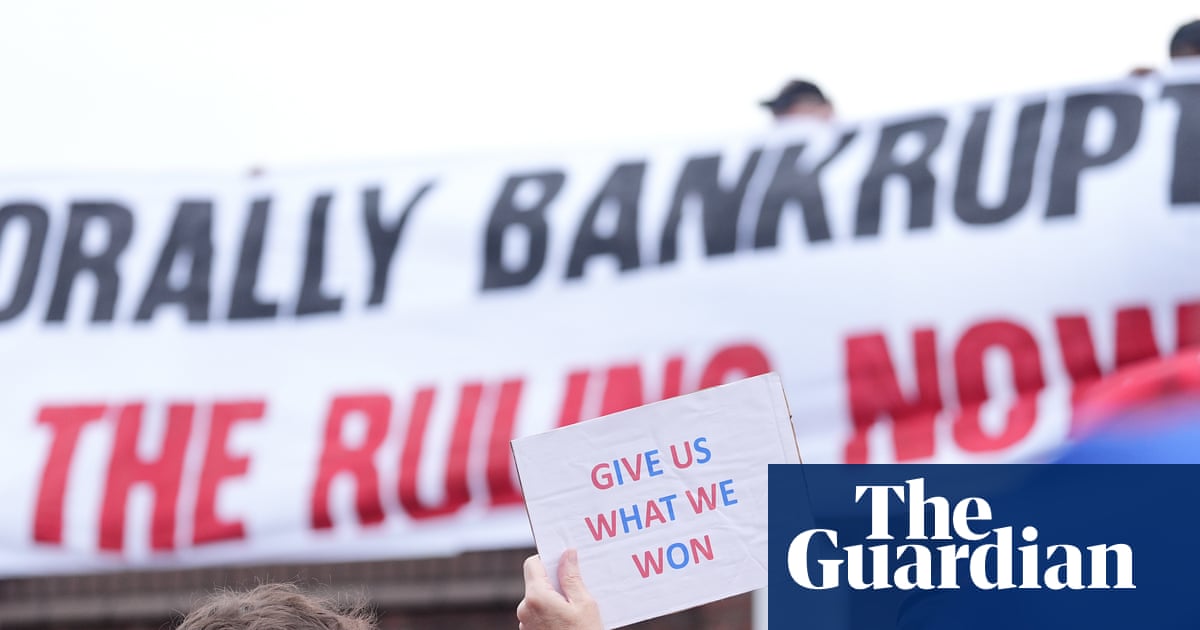The voting age will be lowered to 16 in the UK by the next general election in a major change of the democratic system.
The government said it was a reform to bring in more fairness for 16- and 17-year-olds, many of whom already work and are able to serve in the military. It brings the whole of the UK voting age to 16. Scotland and Wales have already made the change for Holyrood and Senedd elections, as well as local council elections.
In a sweeping package of changes, ministers will also extend voter ID to include bank and veterans’ cards to help more people exercise their democratic right.
As revealed by the Guardian, there will also be tougher new rules to guard against foreign political interference and abuse of candidates.
The move to extend the voting franchise fulfils a manifesto promise by Labour to give 16- and 17-year-olds the vote.
The package also appears to be taking steps towards encouraging more voter registration. Although it does not commit to entirely automatic voter registration, the government said it would move to an “increasingly automated voter registration system” that would reduce the need to fill out details across different government services on multiple occasions.
Angela Rayner, the deputy prime minister, said: “For too long public trust in our democracy has been damaged and faith in our institutions has been allowed to decline.
“We are taking action to break down barriers to participation that will ensure more people have the opportunity to engage in UK democracy, supporting our plan for change, and delivering on our manifesto commitment to give 16-year-olds the right to vote.
“We cannot take our democracy for granted, and by protecting our elections from abuse and boosting participation we will strengthen the foundations of our society for the future.”
The changes on election financing were welcomed by campaigners for transparency, but the new rules stop short of imposing caps on political donations.
Under the plans, ministers are to close loopholes that could allow foreign money to influence UK elections and there will be a crackdown on illegitimate donations through shell companies and new tests on political donors.
At the same time, there will also be stronger fines of up to £500,000 for those that break the rules, with any false or misleading declarations constituting a criminal offence.
Political parties will be required to assess companies they are receiving donations from against a series of tests, proving their connection to the UK or Ireland. Companies used for political donations will have to prove they are generating income in these countries.
Currently, any UK company can make donations to a political party, regardless of when it was set up, where its money comes from and who its owners are.
Some campaigners had called for more sweeping reforms after the US billionaire Elon Musk floated the idea of giving $100m to Reform UK – an idea he now appears to have dropped after tensions with the party’s leader, Nigel Farage.
He would not, as a foreign national, be able to donate under the new rules and would have to prove any donation through a UK-based company had UK-generated revenue.
There will also be enhanced “know your donor” checks, meaning parties will have to consider the risk of any money coming from illegitimate sources. New guidance will be provided by the Electoral Commission on conducting these risk assessments.
The committee on standards in public life and the Electoral Commission have previously called for strengthened regulations and greater transparency in political donations.
Another plank of the changes is toughening the law to stop candidates, campaigners and electoral staff being intimidated, harassed or abused. Changes include no longer requiring candidates to publish their home addresses on election material, and changing legal guidance so that it will be considered an aggravating factor if someone is found guilty of harassing a candidate, campaigner or staff member.
Finally, the government is planning to change the law to ban those found guilty of intimidating or abusing a candidate from standing themselves as a candidate in future.

 8 hours ago
4
8 hours ago
4

















































